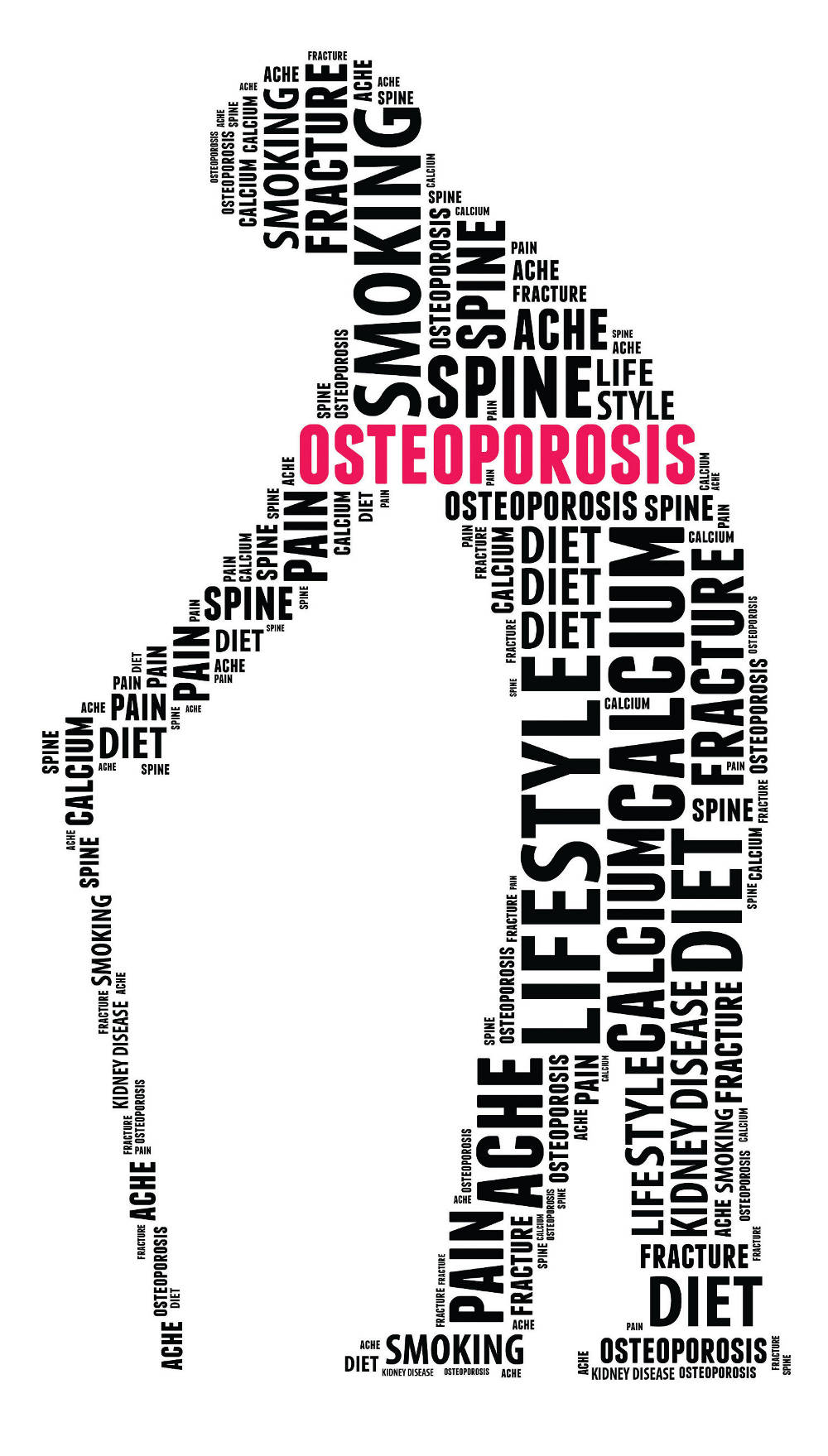 If you are over 50, you are at risk of osteoporosis. And if you are a woman, that risk is even higher. There is nothing you can do about your age or your sex. But there are other factors which put you at risk of osteoporosis that you can control.
If you are over 50, you are at risk of osteoporosis. And if you are a woman, that risk is even higher. There is nothing you can do about your age or your sex. But there are other factors which put you at risk of osteoporosis that you can control.
The risk of osteoporosis is not something that should be taken lightly. There are many reasons why your bones become brittle and fragile, and it’s important that people have the proper level of awareness. The reasons include diet, medications, lifestyle, health conditions, among others. But whatever be the reason for osteoporosis, the good news is that there is one mineral (not calcium) that can help strengthen your bones and even help reverse up to 10 years of bone loss.
Advertisement
Existing health issues can have an impact on your bones, leaving them at a higher risk for weakness and even fractures. There is also a chance that certain medical treatments will increase your risk of osteoporosis. The following is a list of health conditions that people should be aware of when determining the risk of osteoporosis:
Autoimmune diseases: Studies have shown that both rheumatoid arthritis and lupus disease are linked to a higher risk of osteoporosis. Some of the medications used to control the symptoms; especially steroids can lead to bone loss as well.
Digestive Problems: Certain digestive disorders prevent the absorption of vitamin D and calcium from your diet, which strengthen bones. Examples would be Crohn’s disease, ulcerative colitis, and celiac disease.
Hormone Disorders: Men with low testosterone are known to have a higher chance of getting osteoporosis and those who suffer from type 1 diabetes. At this point, researchers have been unable to explain why diabetes affects the bones. But there is no evidence to suggest that diabetes prevents the bone strengthening mineral from doing its job.
Thyroid Issues: Both hyperthyroidism and hyperparathyroidism are linked to osteoporosis. Once again a good reason to make sure you supplement your bones with a mineral that has no harsh side effects on your hormone system.
Eating Disorders: Bulimia and anorexia rob the body of dietary calcium and other nutrients that are important to bone health. And if you’re thinking of supplementing with calcium, here is something you should know – calcium supplements are not the same as dietary calcium and they play no role in bone strengthening after the age of 50. On, the other hand, supplementing with this new mineral can help reverse bone loss and reduce the risk of fractures.
Kidney Disease: Kidney problems can impact both vitamin D levels and hormones, which in turn can affect your bone health.
Often the treatment methods for various illnesses and diseases can contribute to bone weakness. Below is a list of medications that are known to increase the risk of osteoporosis.
- Cortisone/corticosteroids
- Cancer chemotherapy drugs
- Depo-Provera (birth control)
- Anti-depressants
- Anticonvulsants
- Thyroxin
- Cyclosporine A & Tacrolmus
- Anticoagulants
In some cases, these medications cannot be avoided. Which is why it is all the more important that you know about this mineral that can help strengthen bone.
Diet: Nutritionists and doctors believe diet plays a large role in our bone health. According to the World Health Organization, the amount of protein we ingest is a big risk factor for osteoporosis. High amounts of protein create strong acids in the stomach. To neutralize the acid, our bodies use alkalizing minerals like calcium. The body will take calcium from wherever it can get it, including from bone. It is interesting to note that osteoporosis is very high among the Inuit population, and they have high protein diet. As our consumption of meats and proteins is on the rise, it makes sense to replenish our bones with a mineral that does not get pulled away from our bones.
Lifestyle:
Advertisement
In addition to all the reasons listed above, there are a few lifestyle choices that lead to increasing the risk of osteoporosis.
- Smoking: Research has shown that smoking can interfere with calcium absorption.
- Excessive Alcohol: Large amounts of alcohol can decrease hormone levels and increase cortisol levels in the body. This leads to a loss of bone density.
- Weight Loss Surgery: Following weight loss surgery such as, removal of part of the stomach, the digestive tract has difficulty absorbing vitamin D and calcium; both are important for strong bones.
- Inactivity: Bones are just like muscles; they need to be worked in order to stay strong.
As you can see, your bones are under attack form different corners. So it is up to you to make the right lifestyle and dietary choices to protect your bones. The positive news is YOU CAN BE IN CONTROL. If you have concerns, talk to your doctor about how you can balance out your lifestyle to lower your risks of osteoporosis. Click here to find out about this new mineral that can help you reverse years of bone loss.
